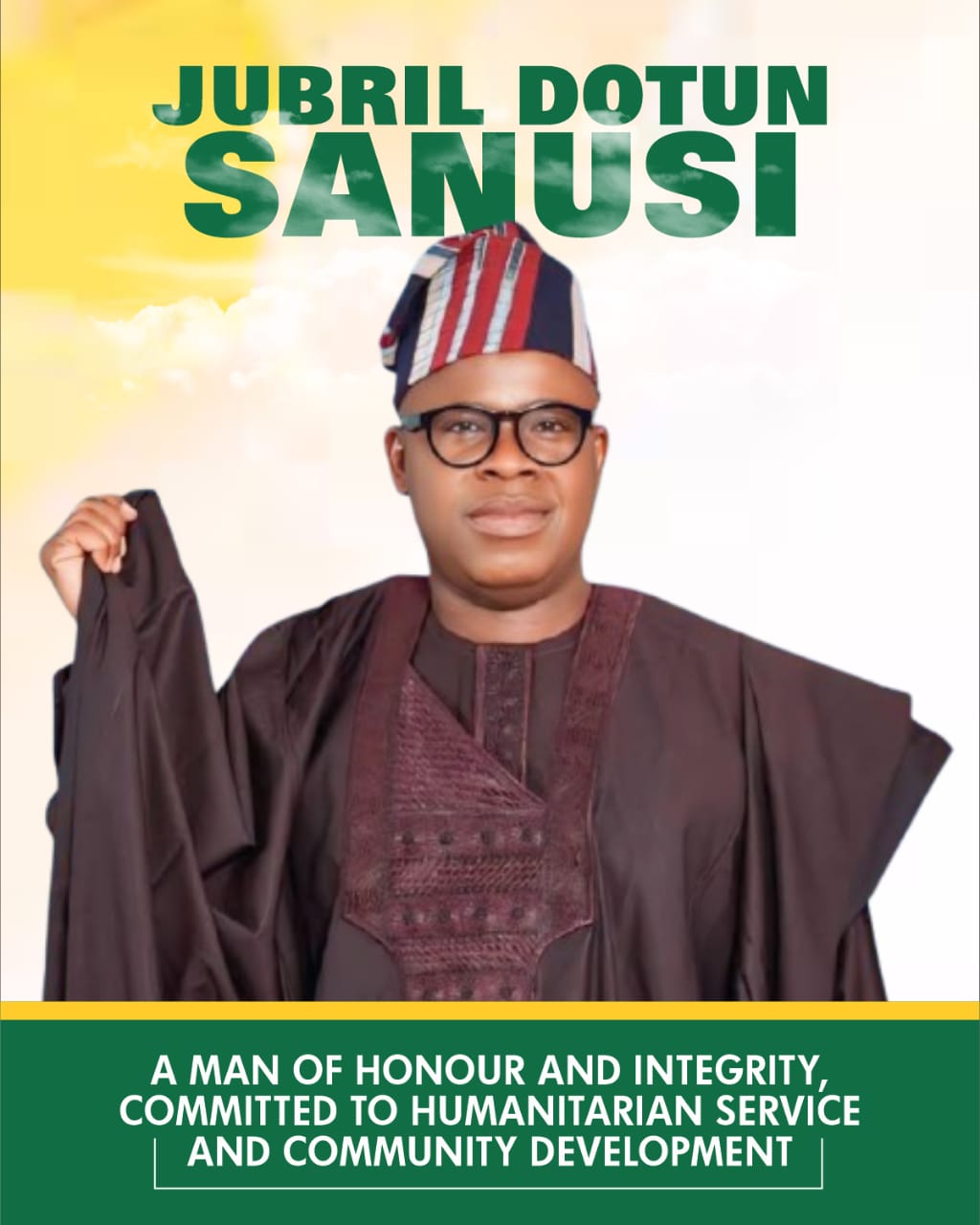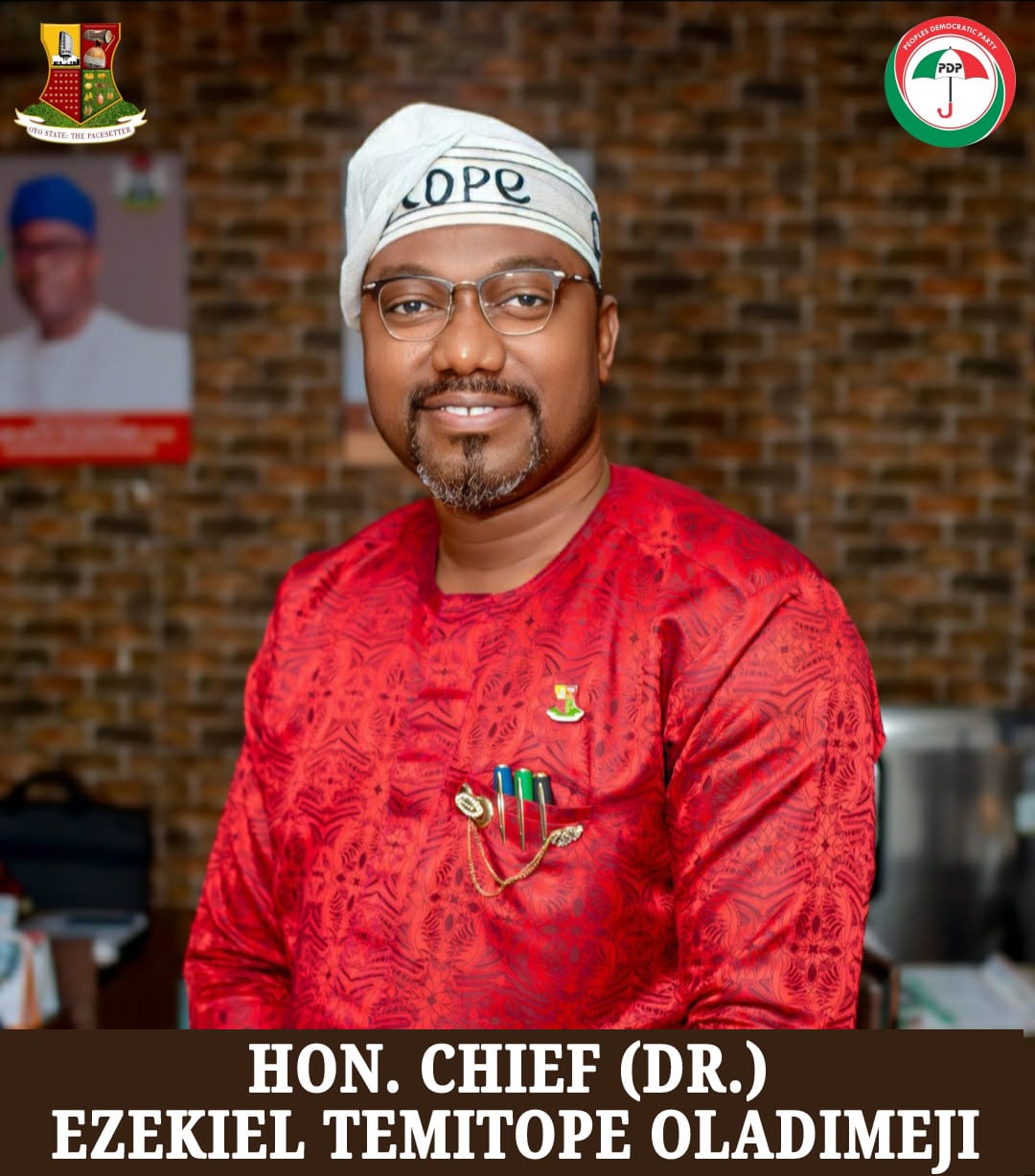COVID-19: Makinde Opts For Self-Policing Strategy to Contain Pandemic
…Says enforcement by security not best Option
GOVERNOR Seyi Makinde of Oyo State, Tuesday, hinted that the state would not contain COVID-19 with enforcement by security agents but by self-policing as the best option.

Prof. Olanike Adeyemo, Chairman of Oyo State COVID-19 Decontamination and Containment Committee stated this in Ibadan, on behalf of the governor, at the training of staff of the decontamination response team in the state.

The Deputy Vice-Chancellor, Research, Innovation and Strategic Partnerships, University of Ibadan, said members of the team were being positioned to work from their various local government councils and local council development authorities across the state in a bid to curtail the COVID-19 pandemic.

Adeyemo said: “This is the next step in the containment of COVID -19 in the state as the virus has spread beyond Ibadan. You can image if there is an incident in Ibarapa and there is another one in Iseyin, it will be very difficult for you to cover all. What the government is trying to do is to decentralise the containment efforts. This is embedded in all local governments across the state.”
“Every local government has an environmental officer. These are the people that are being trained because they are the staff of Oyo State that are ready to take up the task as front-liners on behalf of the state. We will do it across geographical zones.”
“We knew what happened when we had inter-state lockdown. This COVID -19 is another avenue for some people to extort the people and harass them, but we are not ready for that. People were moving and they just needed to give money to security agents at every checkpoint.”
“What we are advocating is self-policing. We have compliance form; when you see someone not doing the right thing, you can report him, especially organisations because you can hold them accountable. I just sent a video recording of what is going on in a commercial bank here in Ibadan to the governor. Something has to be done about keeping the COVID-19 protocols in banks.”
“It is about being responsible and responsive. We all have to know that the more the infection rate, the more you are likely to have mortality or death rate. So, you can’t joke with the disease. I charge everyone that is responsible, whether you own a business or banks, to take responsibility for people under the sphere of their influence. You need to protect your customers.”
“At the state level, we are advocating self-policing now. Even if it doesn’t affect you, it can affect somebody you know. It is about charging the people. In developed countries, they are doing the same thing. You walk up to people and ask for their masks. I think we are getting to that point because this is not a joking matter. I think that is what we need to do more than throwing people out to harass people and extort money from them.”
“COVID-19 is not a joking matter. In Oyo State this morning, we had 27 people that had died. That is not just a number. Those are somebody’s fathers, mothers, and children. So, we can’t afford to play politics. We can’t afford to joke around COVID-19. It is something we need to take seriously,” the professor.
On why Oyo State records a high number of COVID-19 cases, she said, “We are number three on the table not because we have more cases in Oyo State than the other but because we test more. If you compare Oyo with states like Edo that is behind us, definitely, they are under reporting. So, I think Oyo State is doing more testing and that is why we are there.”
While speaking, the Deputy Chief of Staff to the Governor, Mojeed Mogbonjubola, said: “It is quite unfortunate that the pandemic is spreading like wild fire and we couldn’t really contain it alone in Ibadan,” adding that what the governor was doing in conjunction with the University of Ibadan is to extend the committee to all zones in the state.
“Today, we are retraining the personnel so that they can go back to their different zones and continue with the decontamination. This is a call to service. It is a privilege for everybody to be part of it.”
In all, a total of 77 personnel were trained on how to decontaminate homes and offices in their localities.

